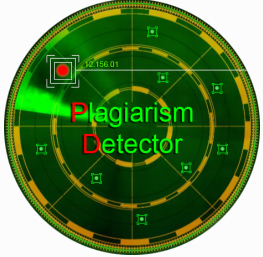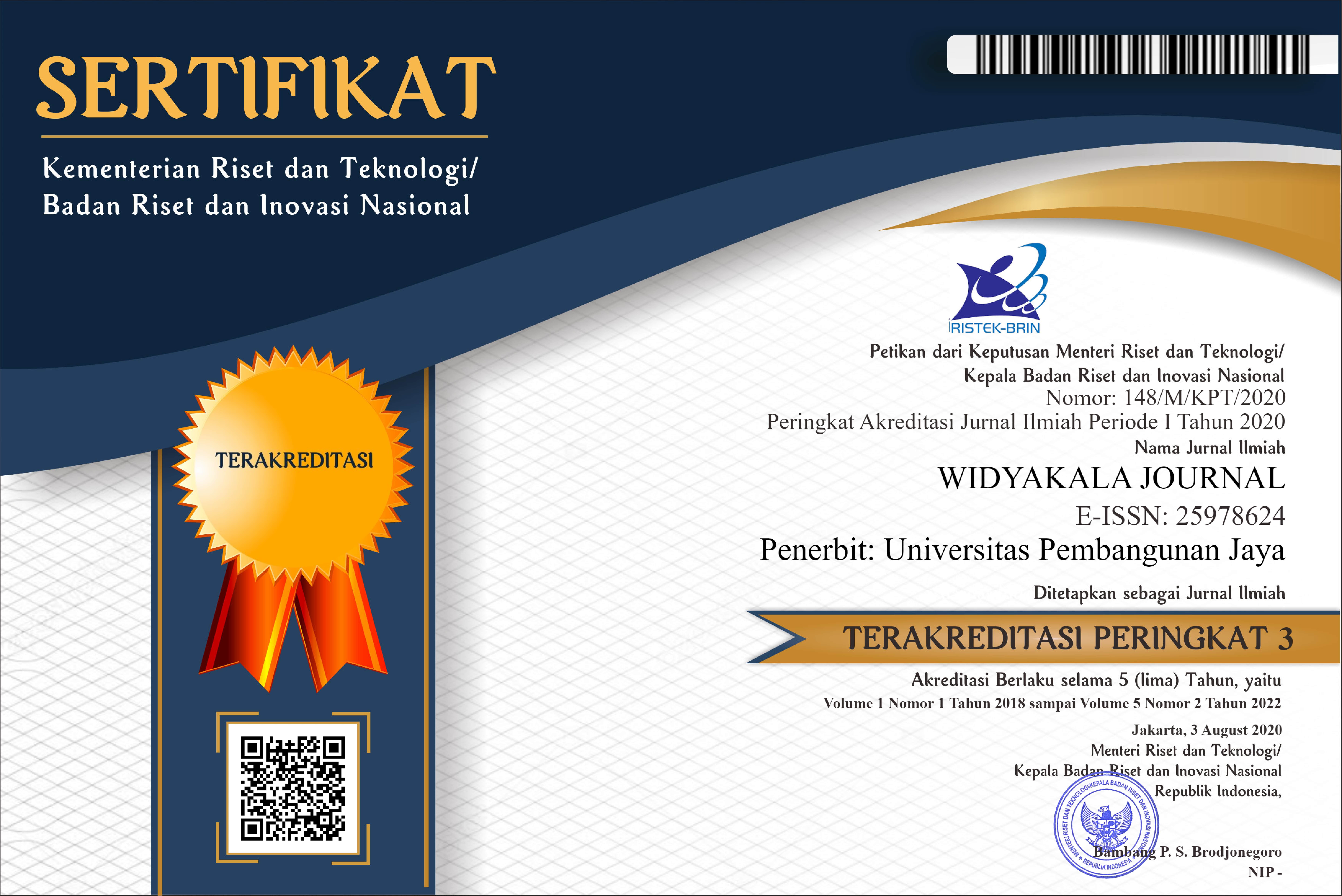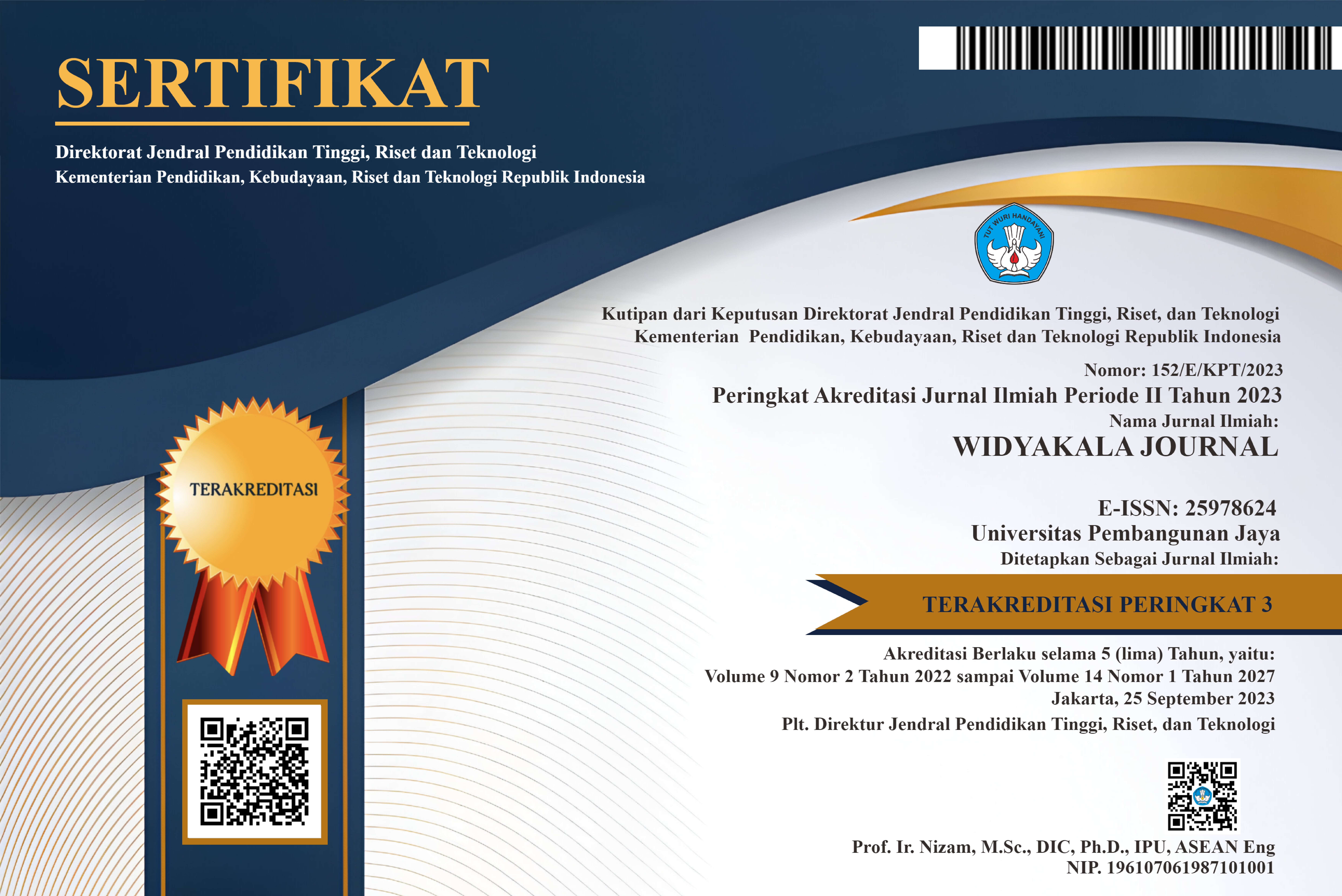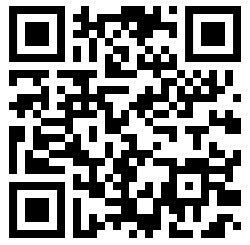Updated, March 2025
Gen Z Digital Leadership through Social Media
Abstract
Keywords
Full Text:
PDFReferences
Ahlquist, J. (2017). Digital student leadership development. New directions for student leadership, 2017(153), 47-62.
Andrea Bencsik, Tímea Juhász, and Gabriella Horváth-Csikós, “Y and Z Generations at Workplaces,” Journal of Competitiveness 6, no. 3 (2016): 90-106, https://doi.org/10.7441/joc.2016.03.06
Berkup, S. B. (2014). Working with generations X and Y in generation Z period: Management of different generations in business life.
Mediterranean journal of social Sciences, 5(19), 218.
Bayindir, N., & Kavanagh, D. (2018). GlobalWebIndex‟s flagship report on the latest trends in social media. Flagship Report, 2018. Retrieved from https://www.globalwebindex.com/hubfs/Downloads/Social-H2-2018-report.pdf
Bharat Chillakuri, “Understanding Generation Z Expectations for Effective Onboarding,”
Journal of Organizational Change Management 33, no. 7 (December 7, 2020): 1277–96,
https://doi.org/10.1108/JOCM-02-2020-0058.
Bhalla, R., Tiwari, P., & Chowdhary, N. (2021). Digital natives leading the world: paragons and values of Generation Z. In Generation Z Marketing and Management in Tourism and Hospitality: The Future of the Industry (pp. 3-23). Cham: Springer International Publishing.
Demirbilek, M., & Keser, S. (2022). Leadership Expectations of Generation Z Teachers Working in Educational Organizations. Research in Educational Administration and Leadership, 7(1), 209-245.
Dolot, A. (2018). The characteristics of Generation Z. E-mentor, 74(2), 44-50.
Douglas, R. B. (2020). Leadership Development for Millennials and Generation Z: A Systematic Review (Doctoral dissertation, University of Maryland University College).
Eriksson, P. and Kovalainen, A. (2008). Qualitative Methods in Business Research. London: Sage.
Gaidhani, S., Arora, L., & Sharma, B. K. (2019). Understanding the attitude of generation Z towards workplace. International Journal of Management, Technology and Engineering, 9(1), 2804-2812.
Hidayat, Z., & Hidayat, D. (2020). Techno-entrepreneurship as identity construction for the Indonesian generation Z. Journal of Educational Media, Memory, and Society, 12(2), 30-56.
Jacobsen, W. C., & Forste, R. (2011). The wired generation: Academic and social outcomes of electronic media use among university students. Cyberpsychology, Behavior, and Social Networking, 14(5), 275-280.
Kozinets, R. (2019). Netnography: The essential guide to qualitative social media research. Netnography, 1-472.
Lanier, K. (2017). 5 Things HR professionals need to know about generation Z: thought leaders share their views on the HR profession and its direction for the future. Strategic HR review, 16(6), 288-290.
Levickaite, R. (2010). Generations X, Y, Z: How social networks form the concept of the world without borders (the case of Lithuania). LIMES: Cultural Regionalistics, 3(2), 170-183.
McCrindle, M., & Fell, A. (2019). Understanding Generation Z: Recruiting, training and leading the next generation. McCrindle Research Pty Ltd.
Nakagawa, K., & Yellowlees, P. (2020). Inter-generational effects of technology: Why millennial physicians may be less at risk for burnout than baby boomers. Current psychiatry reports, 22, 1-7.
Pichler, S., Kohli, C., & Granitz, N. (2021). DITTO for Gen Z: A framework for leveraging the uniqueness of the new generation. Business Horizons, 64(5), 599-610.
Prensky, M. (2001). Digital natives, digital immigrants part 2: Do they really think differently?. On the horizon.
Singh, A. P., & Dangmei, J. (2016). Understanding the generation Z: the future workforce. South-Asian journal of multidisciplinary studies, 3(3), 1-5.
Tillery, A. (2019). What Kind of Movement is Black Lives Matter? The View from Twitter. Journal of Race, Ethnicity, and Politics, 4(2), 297-323. doi:10.1017/rep.2019.17
Tyson, A., Kennedy, B., & Funk, C. (2021). Gen Z, Millennials stand out for climate change activism, social media engagement with issue. Pew Research Center, 26.
Vițelar, A. (2019). Like me: Generation Z and the use of social media for personal branding. Management Dynamics in the Knowledge Economy, 7(2), 257-268.
DOI: https://doi.org/10.36262/widyakala.v10i2.779
Refbacks
- There are currently no refbacks.
Copyright (c) 2023 WIDYAKALA JOURNAL : JOURNAL OF PEMBANGUNAN JAYA UNIVERSITY

This work is licensed under a Creative Commons Attribution-ShareAlike 4.0 International License.
Redaksi Jurnal Widyakala
Lembaga Penelitian dan Pengabdian Kepada Masyarakat (LP2M)
Universitas Pembangunan Jaya
Jalan Cendrawasih Raya Blok B7/P, Sawah Baru, Ciputat, 15413
Telp : 021-7455555 ext 1311
widyakala.journal@upj.ac.id


















